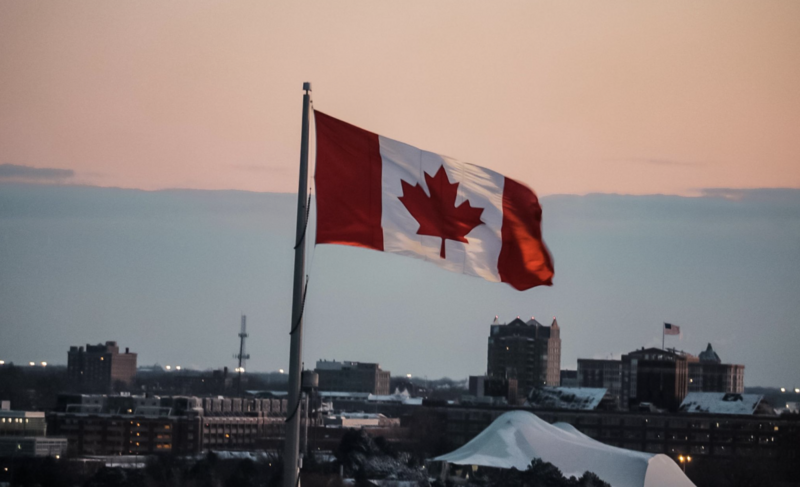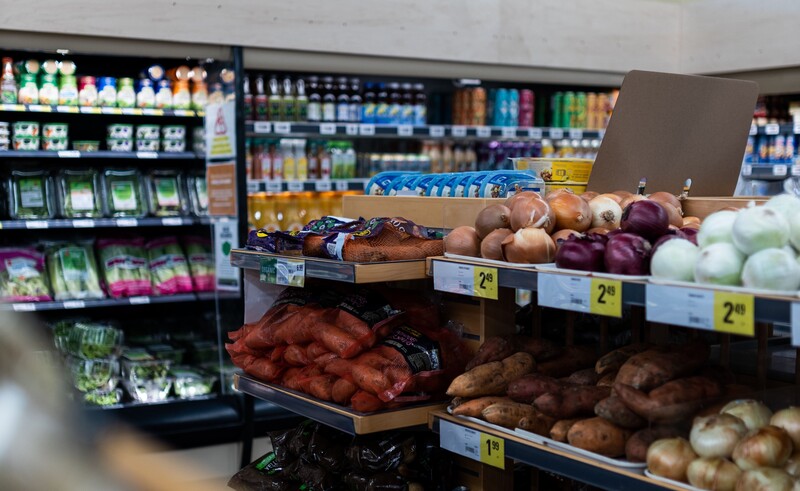Canadians are turning away from economic surveys, a development that’s hurting far more than just the feelings of the Stats Canada surveyors knocking on their doors.
Driving the news: Stats Canada is struggling to get businesses and households to respond to its Labour Force Survey, a trend that could distort key economic data, per The Globe and Mail. The most recent response rate has fallen from 87% in 2019 to 70% in September.




.png)




.png)